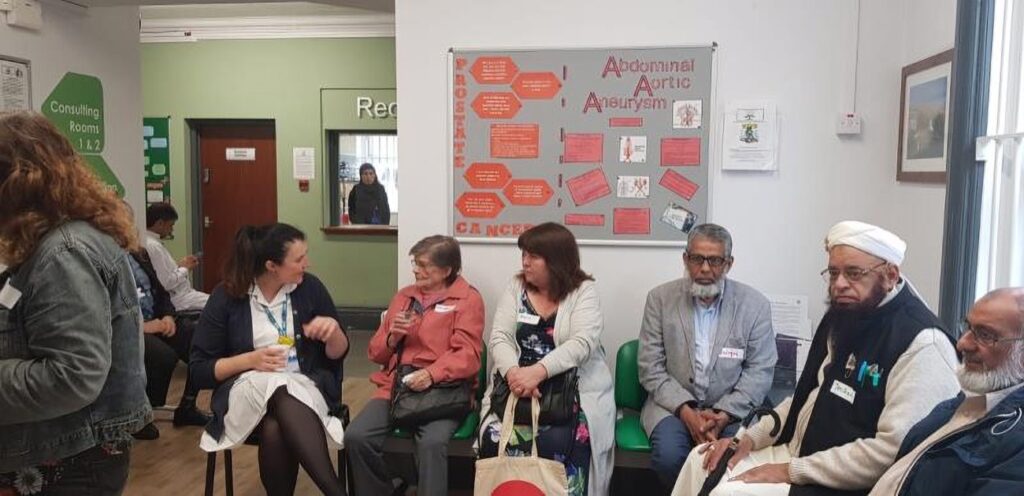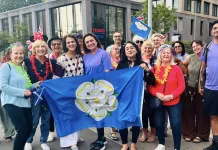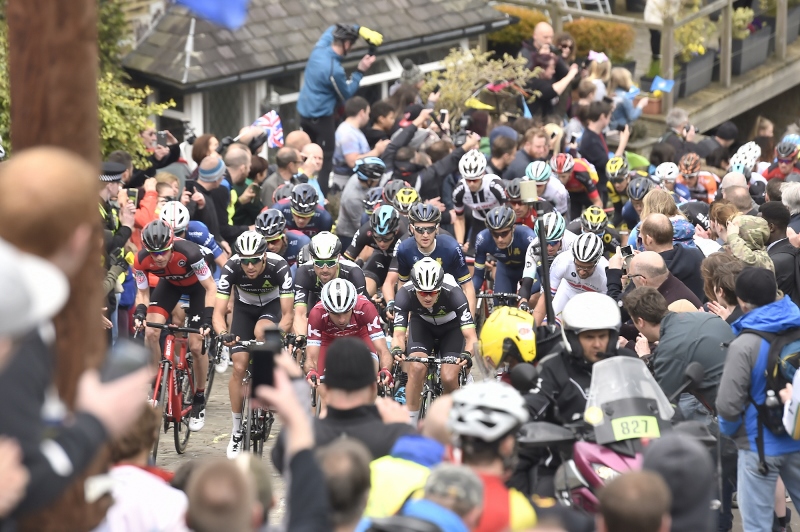80% of people from these communities, across all age ranges, felt they faced discrimination when accessing health services
The Pakistan & Kashmir Welfare Association (PKWA) in Batley commissioned local health consultant to undertake a survey of the experiences of people from the Pakistani and Kashmiri communities about their experiences of accessing local health services.
The headline finding from the survey was that around 80% of people from these communities, across all age ranges, felt they faced discrimination when accessing health services, and that as a result people were to a significant degree reluctant or unwilling to engage with health service providers.
The survey findings were presented at a recent webinar before many of the commissioners, directors and executives of local health and social care services by the study leads and by PKWA representatives.
Amna Afzal, a PKWA director, and lead on Health and Social care for the charity, chaired the meeting and introduced proceedings with a brief history of PKWA and an overview of the historic inequalities, exclusion and discrimination faced by the Pakistani and Kashmiri communities.
This snapshot of current views and experiences was followed by Haris Rashid, the youth lead for PKWA, who gave a young person’s perspective, including wider issues of discrimination, exclusion and marginalisation, said that this is not a problem which has resolved itself over time. “Unless it is going to become an indelible feature of British society, it will need to be addressed by those with the power to deliver change,” he said.
“This study could not be more timely. We have all known for many years that working class BAME communities suffer a double barrier.”
Mohammed Maqsood a PKWA director, then gave an overview of some of the key health statistics relating to the communities, particularly around mental health, diabetes, heart disease, and early death from all causes.
Not surprisingly, the health outcomes for Pakistani and Kashmiri people are indicative of a community which faces multiple challenges around access to health services.

Ihsaan Meer, a local social worker and Imam, and a representative of the Kirklees Imam’s and Mosque’s Advisory Board spoke about the potential of mosques to be drivers for better health outcomes for these communities particularly in partnership with local community centre hubs; and described the faith infrastructure as a massive untapped health resource.
PKWA & South Asian Consortium Director and Chair, Fiaz Rashid, said of the event: “I am extremely proud of the team that has put this study and this event together at short notice and under extremely testing conditions; in particular, the young activists who are emerging to take these issues forward.”
Fellow director Michael Wharton stated, “This study could not be more timely. We have all known for many years that working class BAME communities suffer a double barrier.
“The barriers faced by all working class communities is amplified by institutional and systemic racism, and the result can be seen in the poor perception of health services.
“When marginalisation, under-representation and poor community engagement leads entire communities to lose faith and trust in health services, the results can be catastrophic not just for the communities directly affected, but for all of us.
“What Covid has shown is that public health is a matter of public trust, and when that trust is eroded the health of the entire community will suffer. It is time to address these issues as a matter of urgency.”
Councillor Shabir Pandor, Leader of Kirklees Council, has pledged to take these issues forward, to obtain an official response from the Kirklees Council Cabinet, and to inform the work of the Inequalities Commission.”















